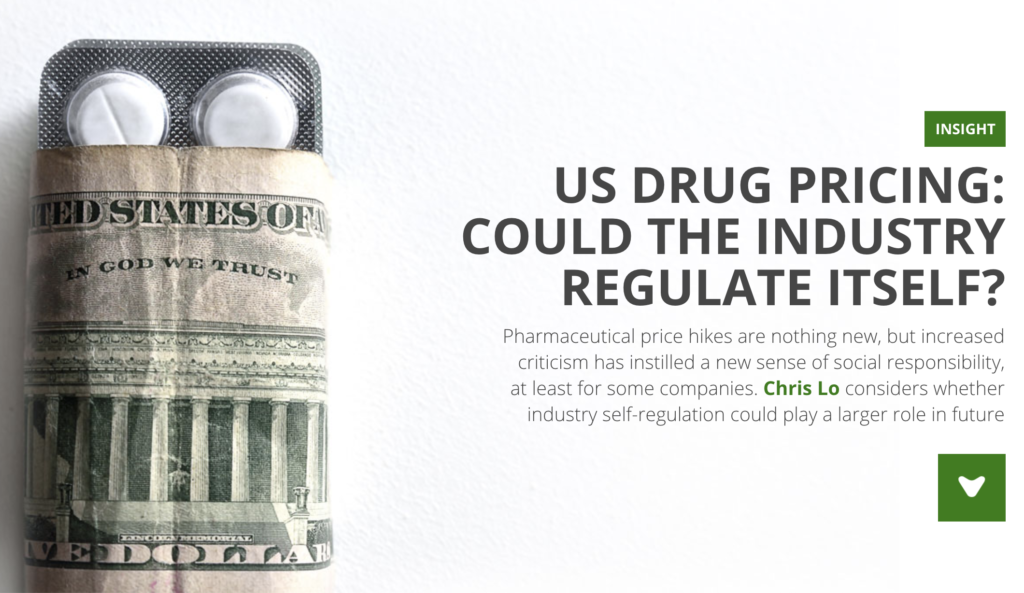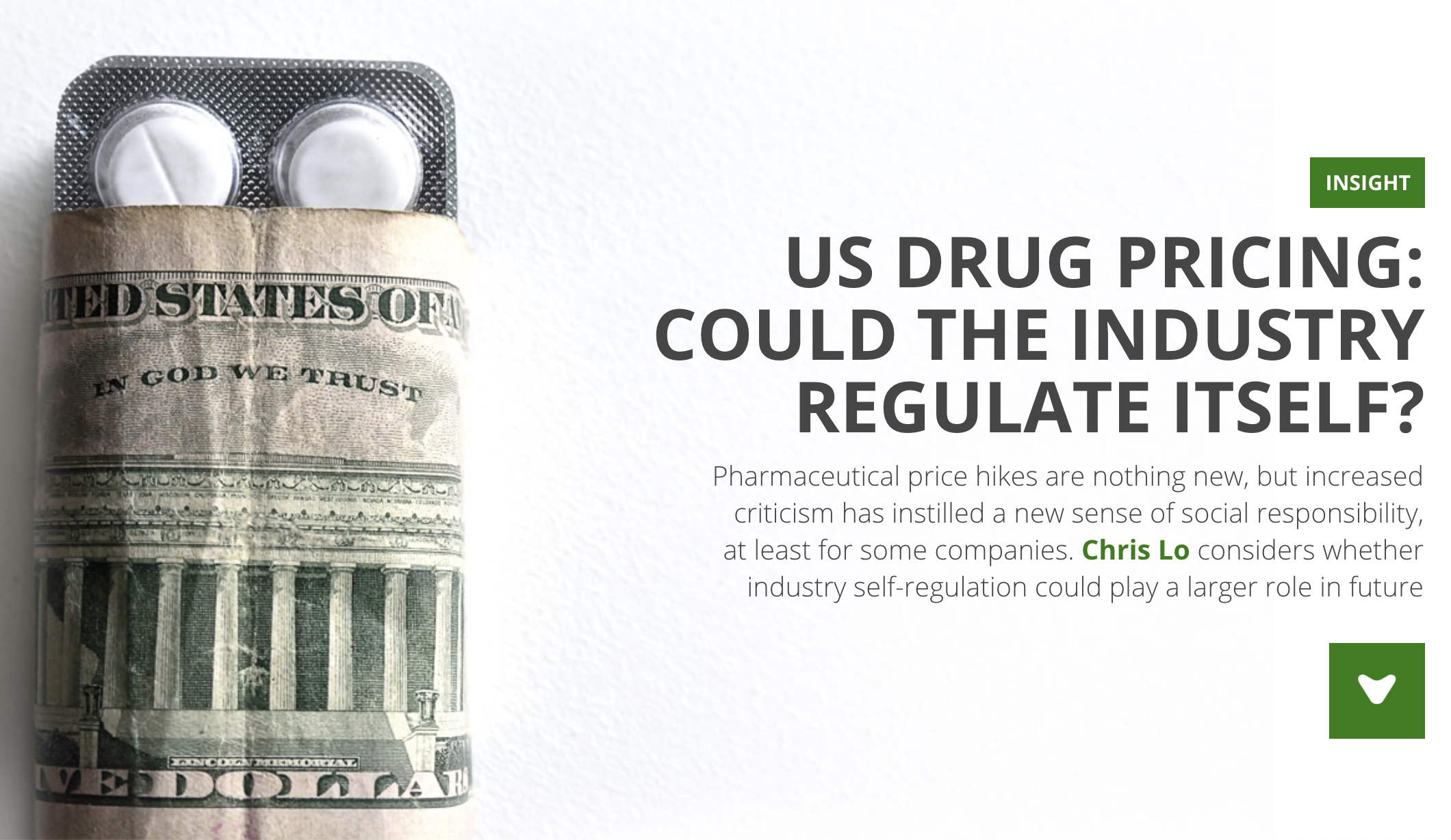Salil Kallianpur
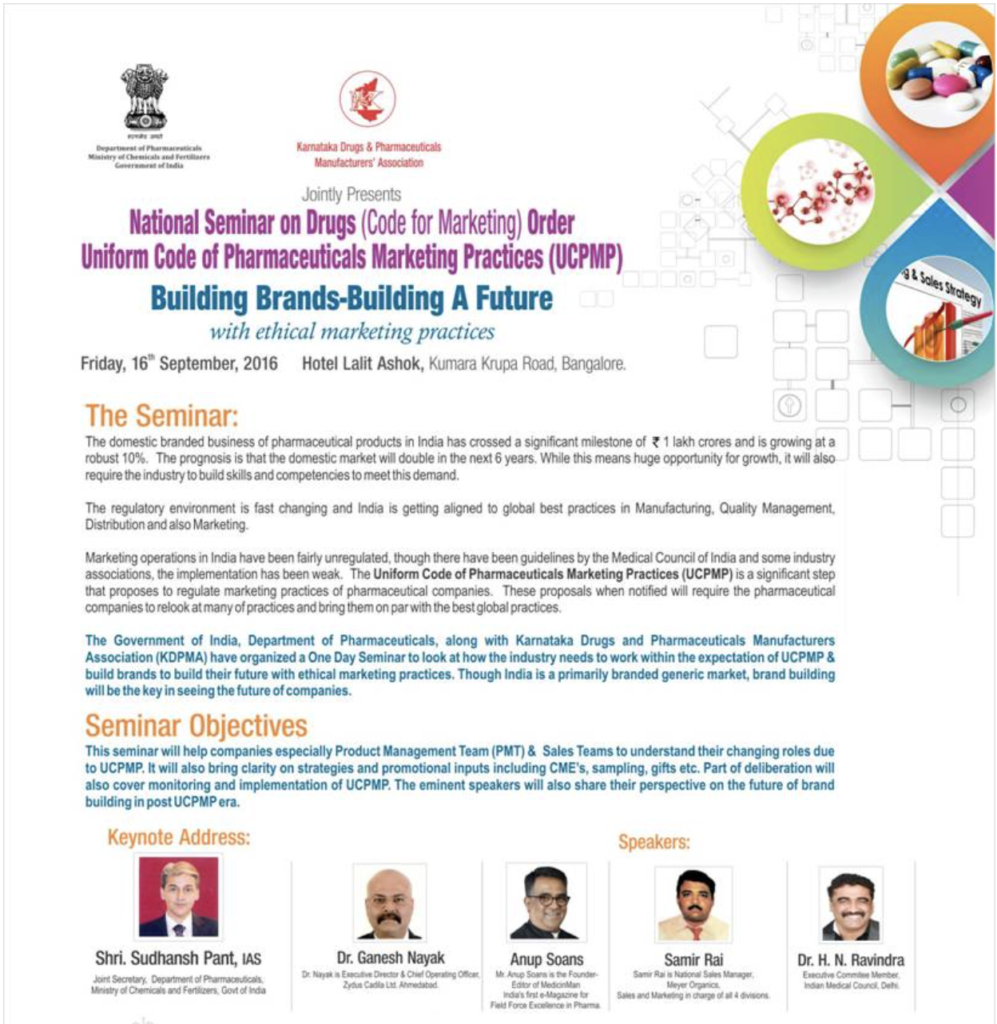
The code of conduct for ethical pharmaceutical marketing was not designed for a world of data, software, and artificial intelligence. Already under severe pressure from COVID-19 and the changes that will lie in its wake, it is utterly inadequate to face the four main challenges that new technologies pose.
The code of conduct for ethical pharmaceutical marketing we now have is not of this world. It was designed for a world of physical meetings, multi-layered distribution systems and transactional relationships with HCPs. Basically, a world of product selling with limited focus on one stakeholder – the doctor. It was not designed for the new world of data, software, and artificial intelligence as new players entering the industry realise that services and not products are the unmet need, and there is lot more to healthcare than just a doctor and a pill. Already under severe pressure from COVID-19 and the changes that will lie in its wake, the code is utterly inadequate to face the four main opportunities that new technologies pose.
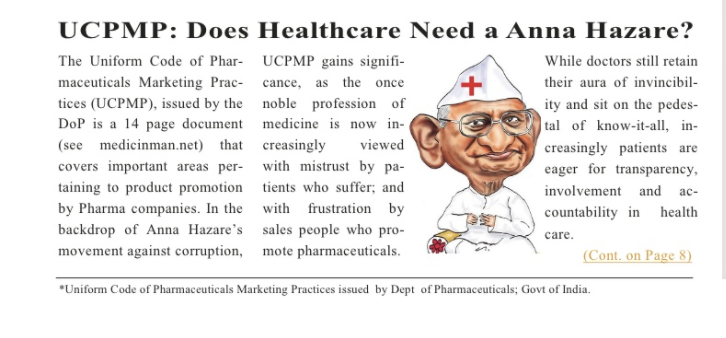
Participative Healthcare
First, there is patient data and its security. The emerging world of healthcare does not discern between the well and the ill. This is a participative world, where wearables, sensors and other gadgets allow people – not just the ill, but also the well – to participate or actively manage their health either to prevent a disease or manage its outcomes. Continuous streams of data that emerge from these gadgets allow doctors and companies to personalise their advice and co-create programs that best suit the millions of people they serve. This is an opportunity that pharma will miss out as the current marketing code doesn’t encourage patient outreach. Surely there is a way in which patients can be engaged without being sold to? Would we rather risk losing serving patients with the personalization that they demand to digital health companies? Or would pharma become regressive and clamour for a ‘level-playing field’ by bringing progressive companies under an outdated code of conduct?

Predictive Healthcare
Second, there are concerns about individual privacy, data ownership and portability. Digital health platforms are able to collect huge amounts of data on what people (doctors and others) do online and off. This encourages them to create more products and weave them together to offer an ‘ecosystem’ of personalised products and services that suit every need of a subscriber, sometimes even before they realise its need. This Predictive Healthcare requires creation of enormous lakes of customer data and its active mining for insights into their behaviours and preferences. Concerns about privacy are legitimate but must be balanced against the convenience and preference these solutions offer. Also, if subscribers want to exit the ecosystem and join another, their data must be theirs to carry away or ‘port’ to another platform. Pharma’s code of conduct should be explicit about data security, ownership and portability.

Preventive Healthcare
Third, there is aspiration. As people participate in fitness, use gadgets and data to predict their health status, and pay a premium for personalised fitness/health solutions, the market shift to Preventive Healthcare will be complete. Over a few years as this trend crystallises, disease will appear a little later in the lifespan of people than it currently does. The pharma industry that focuses on a business model of serving the ill and further narrows that down to manufacturing medicines alone, will need to adapt quickly to broaden portfolios that include wellness products. How will the marketing code of conduct accommodate surrogate advertising? Is advertising to patients really that bad? Is it something that can be enforced in an era when brand names, pack images, and clinical use are openly discussed on #MedTwitter and elsewhere on social media by doctors and patients alike?

Personalised Healthcare
Fourth, there is business. New technologies give a competitive edge to large companies that can accumulate enormous market power. Economies of scale and scope and network effects produce winner-take-all outcomes and can result in some companies having what looks like an unfair advantage. The emergence of tech and retail giants such as Amazon, Google, Reliance Jio, Cure.fit, 1MG and Flipkart/Walmart amongst others could well result in structural shifts in the Indian healthcare market. Healthcare will expand much beyond doctors who offer Medicine As A Service (MAAS) to ecosystems that offer the whole gamut of products and services needed to either stay well or manage the ill. How will pharma operate, much less compete, in a market that focuses on customer lifetime value and not profit? How will its outdated marketing code support the agility and quick response time required in a digital world that focuses on Personalisation and not on mass marketing?
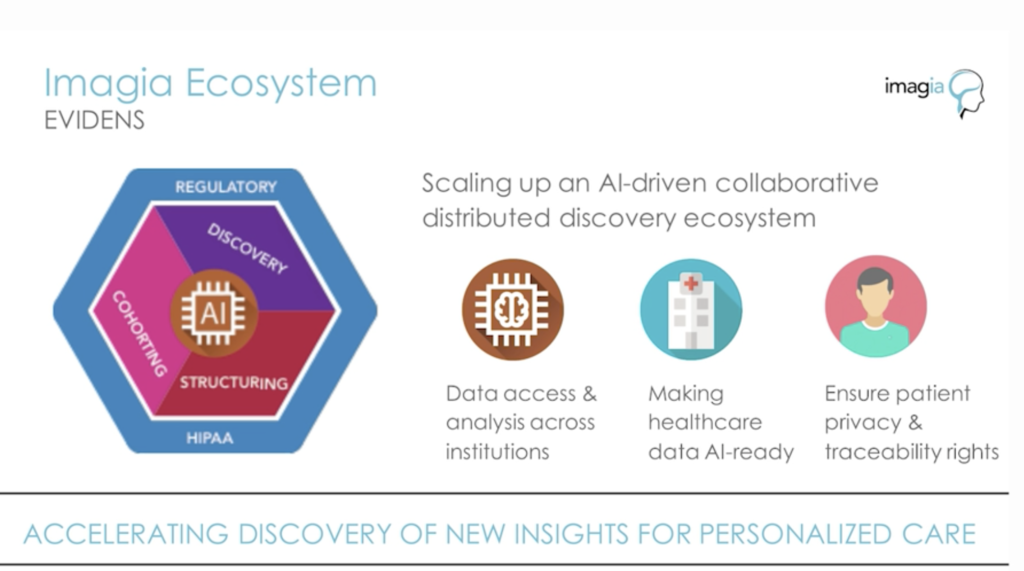
An expected response to these opportunities is to call for greater coordination and updated rules. As it is, an unprecedented transnational regulatory cooperation and new standards and enforcement mechanisms have almost succeeded in bring out vaccines and other COVID-19 treatments in record time, or in so-called warp speed. If global regulators across different countries and continents are demonstrating a level of pragmatism that wasn’t hitherto seen, why is it so difficult for a domestic industry to take a step back, contemporise and re-frame the Uniform Code for Pharmaceutical Marketing Practices (UCPMP)? It is still possible for the industry lobbies (IPA, OPPI and the IDMA) to cooperate among themselves and develop joint rules. The UCPMP is after all based on the promise of self-regulation.
